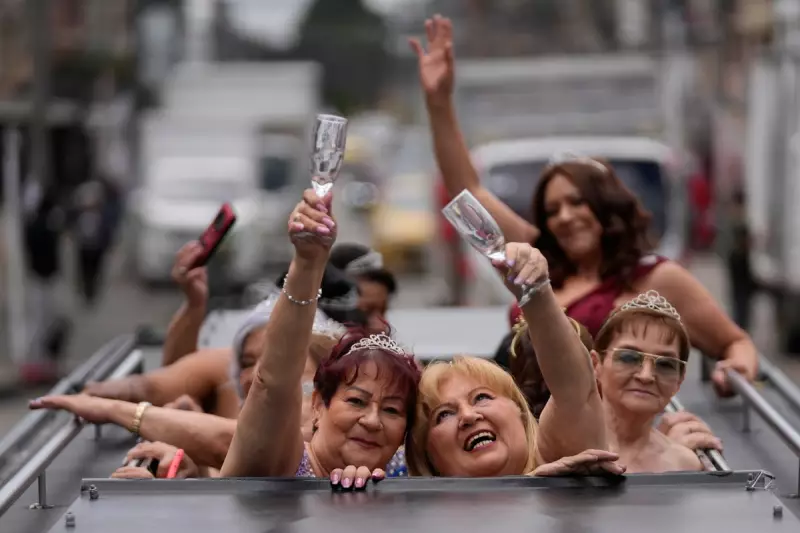
In the bustling streets of Bogotá, a quiet revolution is taking place that's transforming the lives of elderly residents and strengthening community bonds across generations. The innovative 'Grandmothers of the Sun' programme is tackling one of modern society's most pressing issues: loneliness among senior citizens.
A Beacon of Hope in Colombia's Capital
This groundbreaking initiative, supported by the World Bank, has become a lifeline for older adults in Colombia's capital city. Rather than traditional care models, the programme focuses on creating meaningful connections and purpose through community engagement.
"Many elderly people here were experiencing profound isolation," explains Maria Gonzalez, one of the programme coordinators. "We've created spaces where they not only receive support but become active contributors to their communities."
How the Programme Works
The scheme operates through neighbourhood centres where participants engage in various activities designed to promote physical and mental wellbeing:
- Social gatherings and shared meals
- Educational workshops and skill-sharing sessions
- Intergenerational activities with local youth
- Health monitoring and exercise classes
- Community gardening projects
Measurable Impact on Wellbeing
Recent assessments show remarkable improvements in participants' quality of life. Many report reduced feelings of loneliness, better physical health, and renewed sense of purpose. The programme has demonstrated that investing in social connections for the elderly yields significant returns in public health and community cohesion.
"Before joining, I spent days without speaking to anyone," shares 78-year-old participant Carlos Rodriguez. "Now I have friends, I'm learning new skills, and I feel valued again."
A Model for Other Nations
As populations age globally, Colombia's approach offers valuable lessons for other countries grappling with similar challenges. The success of the Grandmothers of the Sun programme demonstrates that cost-effective, community-based solutions can dramatically improve elderly care while strengthening social fabric.
The World Bank continues to monitor the programme's progress, with early indicators suggesting it could serve as a blueprint for other Latin American nations facing comparable demographic shifts.





